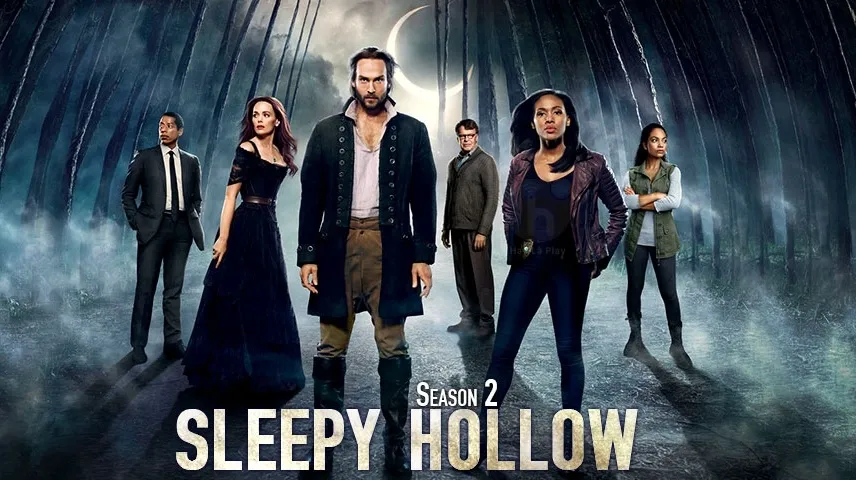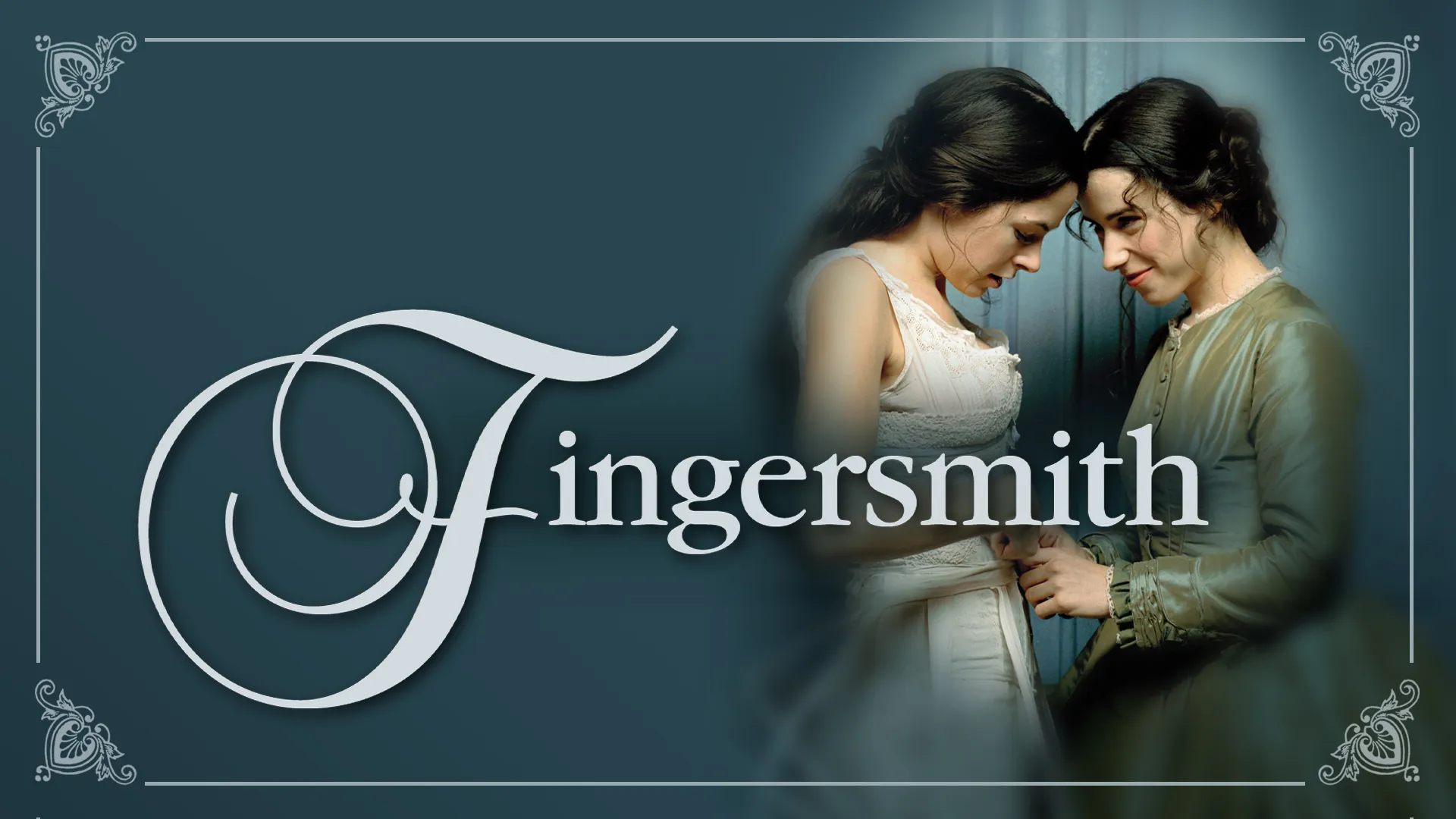“Payback” (1999): A Gritty, Noir-Inspired Revenge Thriller
Payback, released in 1999 and directed by Brian Helgeland (with uncredited reshoots later overseen by Mel Gibson himself), is a stylish neo-noir crime thriller that channels the hard-boiled atmosphere of classic pulp fiction. Starring Mel Gibson in a rare anti-hero role, the film is based on the novel The Hunter by Donald E. Westlake (written under the pseudonym Richard Stark), which also inspired the 1967 film Point Blank. Unlike many action movies of the late '90s, Payback stands out for its unapologetically grim tone, morally ambiguous characters, and vintage noir aesthetics.
The story follows Porter (Gibson), a professional thief who, after a successful heist, is double-crossed by his wife and partner, shot, and left for dead. Surviving the betrayal, he emerges from the shadows months later, focused on a single goal: getting back his cut — precisely $70,000 — no more, no less. What begins as a simple quest for revenge spirals into a violent confrontation with a corrupt criminal syndicate known as "The Outfit," whose hierarchy is as twisted as the streets Porter stalks.
Gibson’s portrayal of Porter is stripped of sentimentality. He’s not a noble man, nor is he seeking redemption. He’s brutal, sardonic, and fiercely focused — a man operating by his own personal code, even if that code is soaked in blood. The film allows Gibson to step away from the clean-cut hero roles he was known for at the time, embracing a darker, more cynical character with dry humor and an edge of menace.
Supporting performances help flesh out this underworld of treachery and corruption. Gregg Henry is delightfully sleazy as Val, Porter’s double-crossing partner. Maria Bello, as Rosie — a prostitute and Porter’s former lover — provides one of the few humanizing elements in the film, although the relationship is far from traditionally romantic. Lucy Liu also delivers a memorable turn as Pearl, a dominatrix enforcer with a sadistic streak, adding a layer of dark humor to the grim proceedings.

Visually, Payback leans heavily into its noir influences. The city is depicted in desaturated grays and blues, giving the film a washed-out, gritty appearance that reflects Porter’s moral landscape. Helgeland originally intended for a darker, more ambiguous film, but after test screenings, the studio pushed for significant changes. As a result, the theatrical version features a more sarcastic and slightly softened Porter, with added narration and a reworked ending. In 2006, Payback: Straight Up – The Director’s Cut was released, restoring Helgeland’s original vision with a grimmer tone and a different climax, and has been praised for being more faithful to the source material.
Payback doesn’t pretend to be a tale of justice — it’s a story about vengeance and survival in a world where everyone has a price. The film’s stylized violence, pitch-black humor, and relentless pace make it an entertaining and often brutal ride. While not universally acclaimed upon release, it has since earned cult status for its uncompromising tone and its tribute to noir storytelling in a modern context.


-1751948076-q80.webp)
-1752542941-q80.webp)